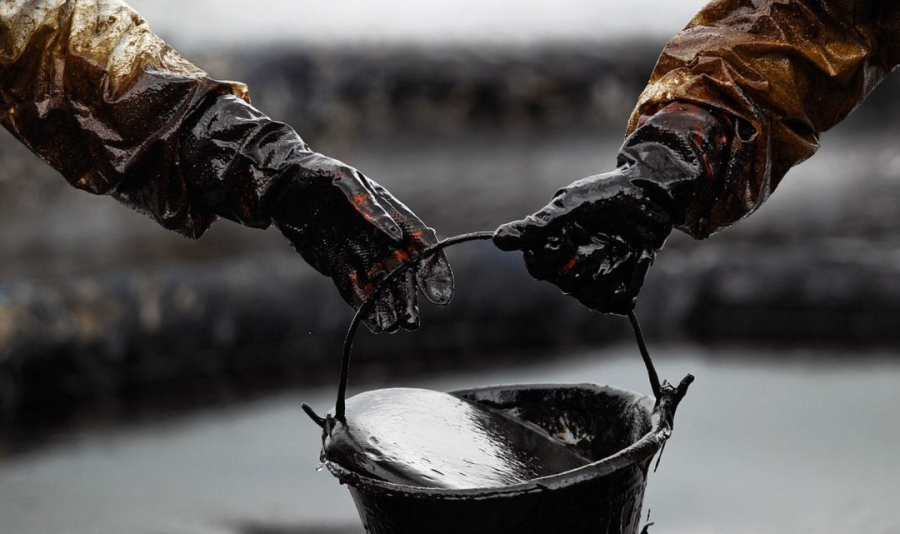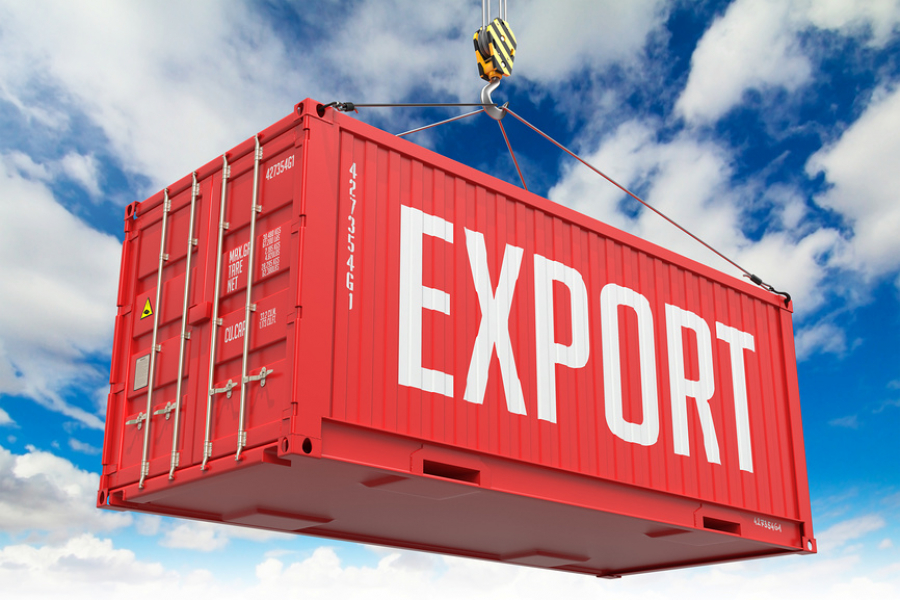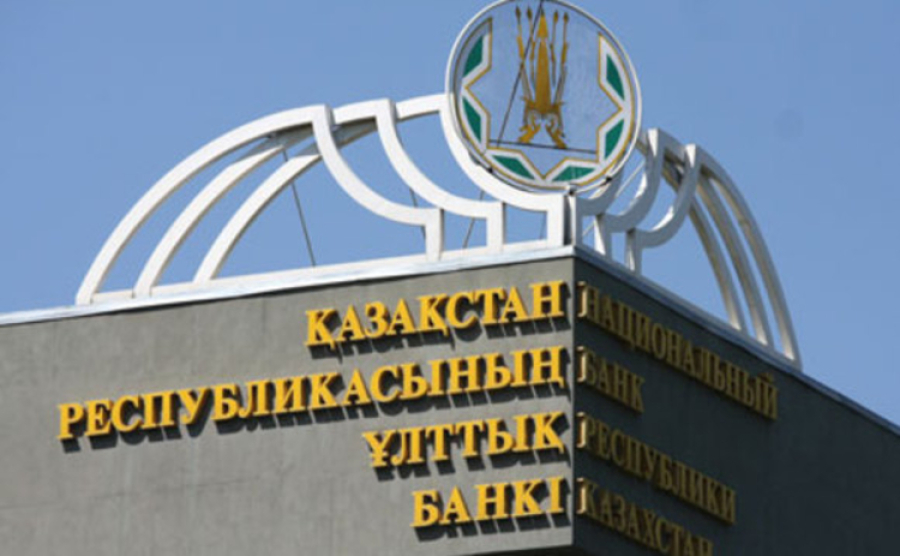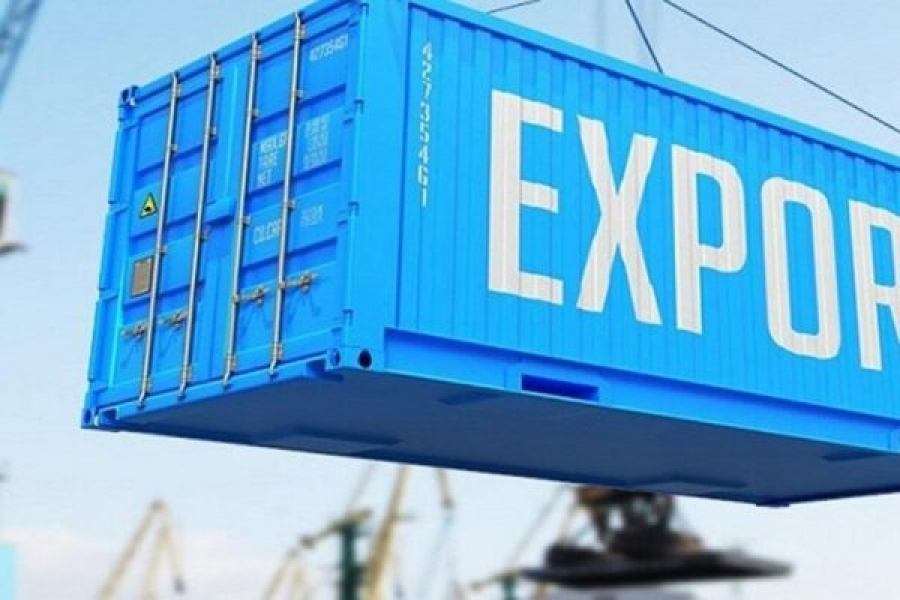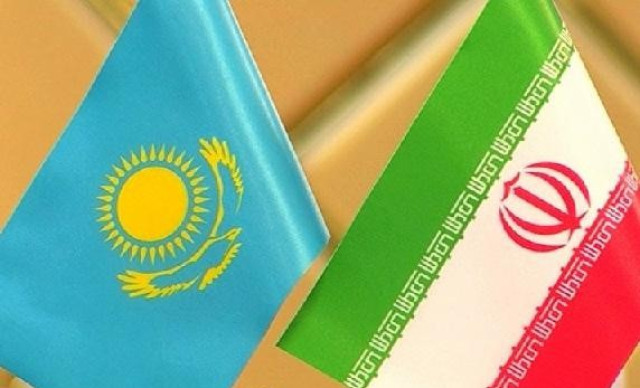Expert opinion: New policy ‘tariff in exchange for investment’ to allow modernizing heating systems
‘Tariff in exchange for investment’ - in his state-of-the-nation address, the Head of State clarified the need for a transition to a new policy. Otherwise, artificial containment of heating and electricity prices can lead to rolling outages and accidents. In turn, the new tariff policy will strike a balance between the need to limit the profits of monopolies and ensure investment in infrastructure. Asian Development Bank representatives in Kazakhstan also express support for such an approach. Many of their projects are aimed at developing the housing and communal services sector in the country.
“In the Address, the Head of State noted that 57 percent of heating networks in the country are worn out, and a new tariff policy is required. We think that in order to improve the situation in heat supply, it is necessary to start with correcting the current regulatory framework, which would create conditions for investments in infrastructure, including private ones. One of the decisive factors is the gradual abolition of cross-subsidization. This problem cannot be solved only by raising tariffs. Unfortunately, the existing tariff regulation for heat supply organizations as natural monopolies does not give an opportunity for sustainable functioning,” said Nariman Mannapbekov, ADB Country Director for Kazakhstan.
Thus, setting tariff rates based on market conditions in the country will allow achieving the goal of reducing the wear and tear of networks and capacities, experts believe.
“Since 2020, the Energy Ministry has been developing a new heat supply law and a number of related legislative acts with the assistance of ADB. It envisages the introduction of a new sector management model. Responsibility in the sector will be clearly divided, and a specially developed tariff methodology will allow companies to recover their economically justified costs. It will also reduce losses, as well as improve the reliability and efficiency of boiler houses and CHP plants,” Mannapbekov added.


